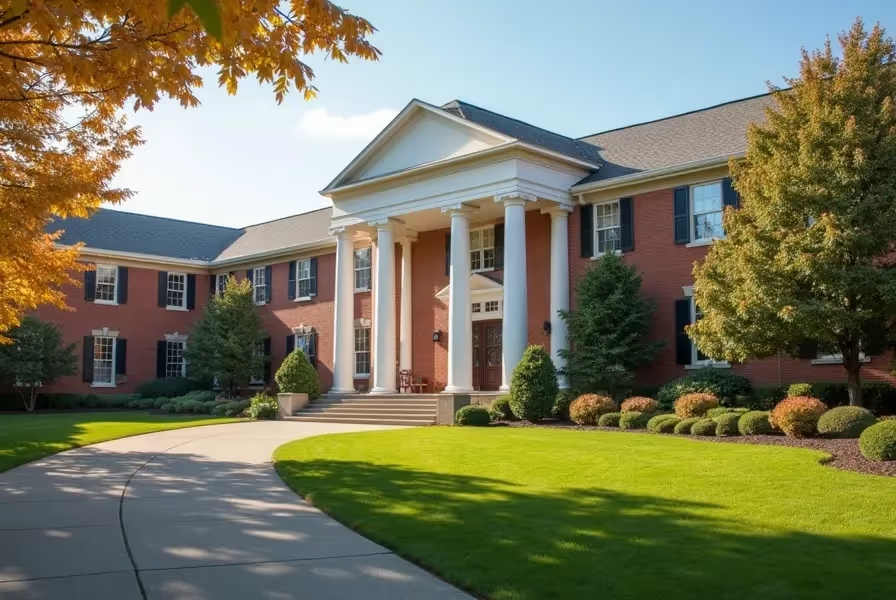Sustainable and Green Careers in Psychology and Counseling
The world is at a crossroads, facing numerous environmental challenges. Now, more and more individuals are realigning their personal and professional goals along eco-friendly lines. In this context, the field of psychology and counseling presents opportunities that are both personally satisfying and supportive of a sustainable future. So, if you're passionate about the environment and helping people, why not combine these interests into an exciting career in sustainable and green psychology?
Introduction
When discussing green careers in psychology and counseling, we refer to roles within the mental health profession that also take into account ecological concerns and promote environmentally-friendly practices. The exciting part is that these careers not only help individuals improve their mental wellbeing but also play a significant role in creating a better world. So, let’s delve into what this emerging field involves and explore the sustainable career options that exist within psychology and counseling.
Although many people may not immediately associate psychology with sustainability, there is an increasing focus on how environmental issues impact mental health. This has led to the growth of the field known as eco-psychology. This domain explores the relationship between human beings and the natural world, and how it affects our psychological well-being. As an eco-psychologist, you'd study these connections, promote environmental awareness, and help individuals better understand their relationship with the environment.
If you're interested in counseling, you might consider becoming a green counselor. This is a unique form of practitioner who integrates environmental concerns into their therapeutic approach. A green counselor might discuss their clients' relationship to nature, consider how environmental factors contribute to their mental health, and use therapy techniques that engage with the natural world. This can include outdoor therapy sessions or assigning 'green' homework, such as spending time in nature.
Another fascinating area is environmental psychology. As an environmental psychologist, you will study and forecast human behavior relative to the environment. You would provide insights on how to make people more comfortable and efficient in different settings, including designing spaces that encourage sustainable behaviors. You could work in diverse settings – city planning departments, architectural firms, or environmental advocacy groups, for example.
There's also the field of conservation psychology where you'd work with organizations and communities to promote conservation behaviors and attitudes. As a conservation psychologist, you would use your understanding of human behavior to help design strategies to enhance people's engagement with environmental sustainability initiatives.
Conclusion
Exploring sustainable and green careers in psychology and counseling offers a fresh look at how we can integrate our care for the environment and mental health. As you consider your future academic and career paths, reflect on the unique chance these fields offer to influence individual, social, and environmental change.
Remember, these new and developing areas of psychology are about more than just 'having a job.' They're about putting your professional talent to work in service of a larger, critical cause—creating a healthier planet and happier minds. So if you've got a love for the environment and a passion for supporting mental health, why not combine your interests and embark on a rewarding, sustainable career in psychology and counseling?















.svg)



